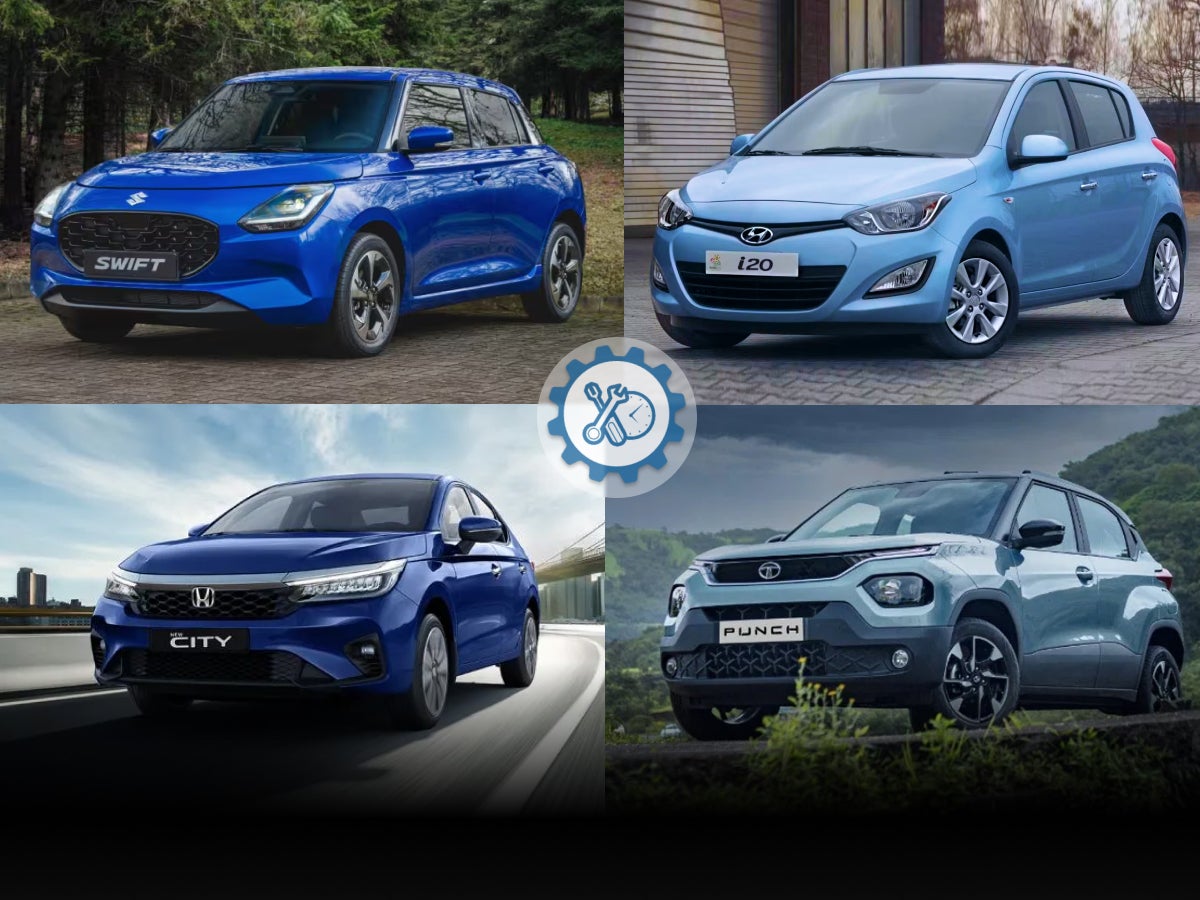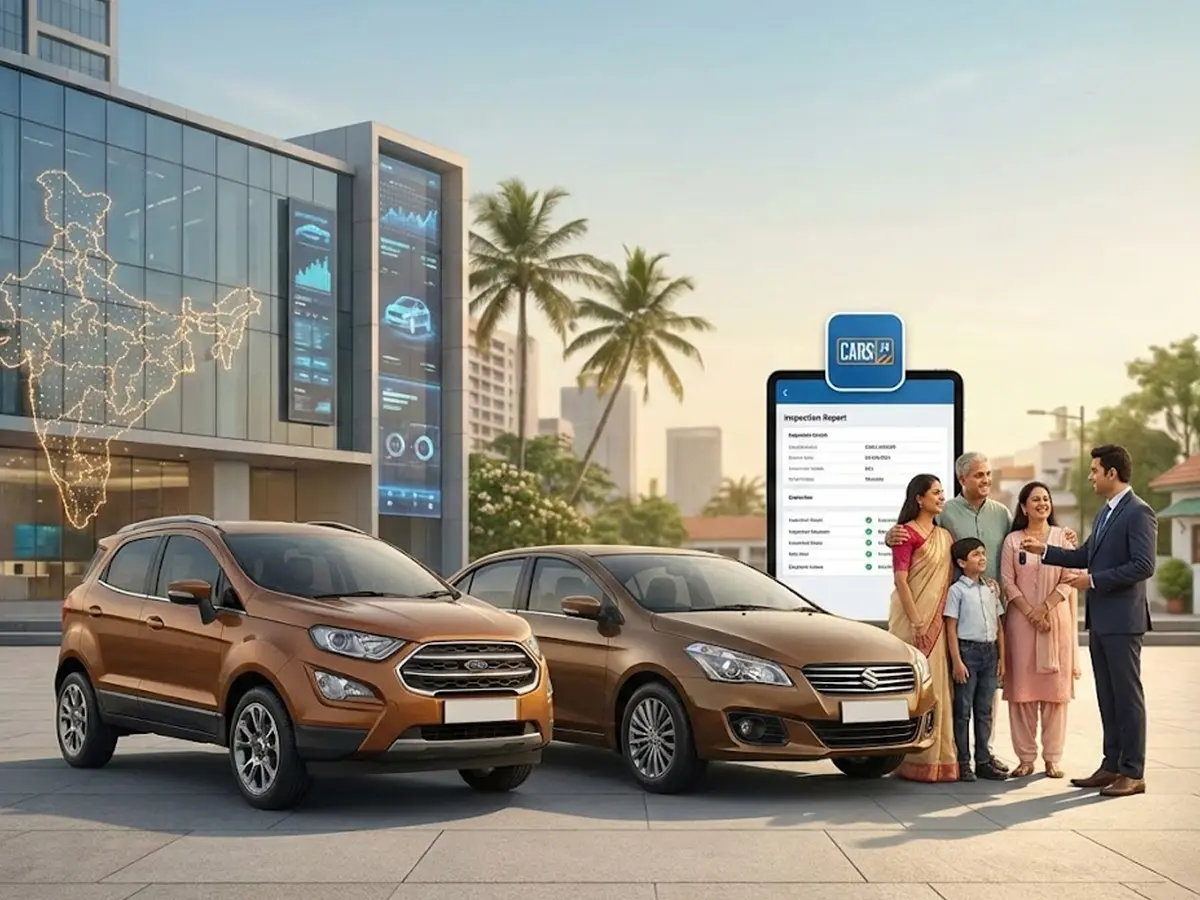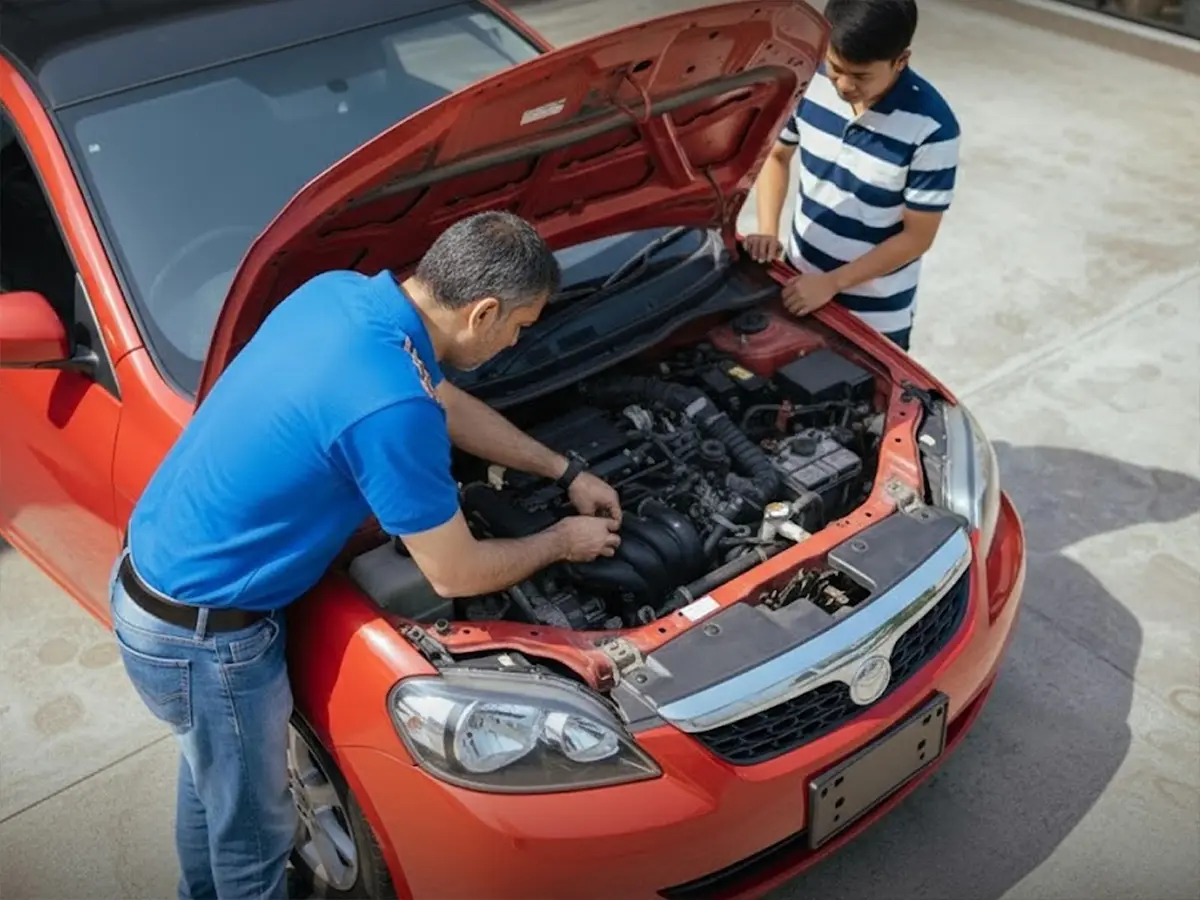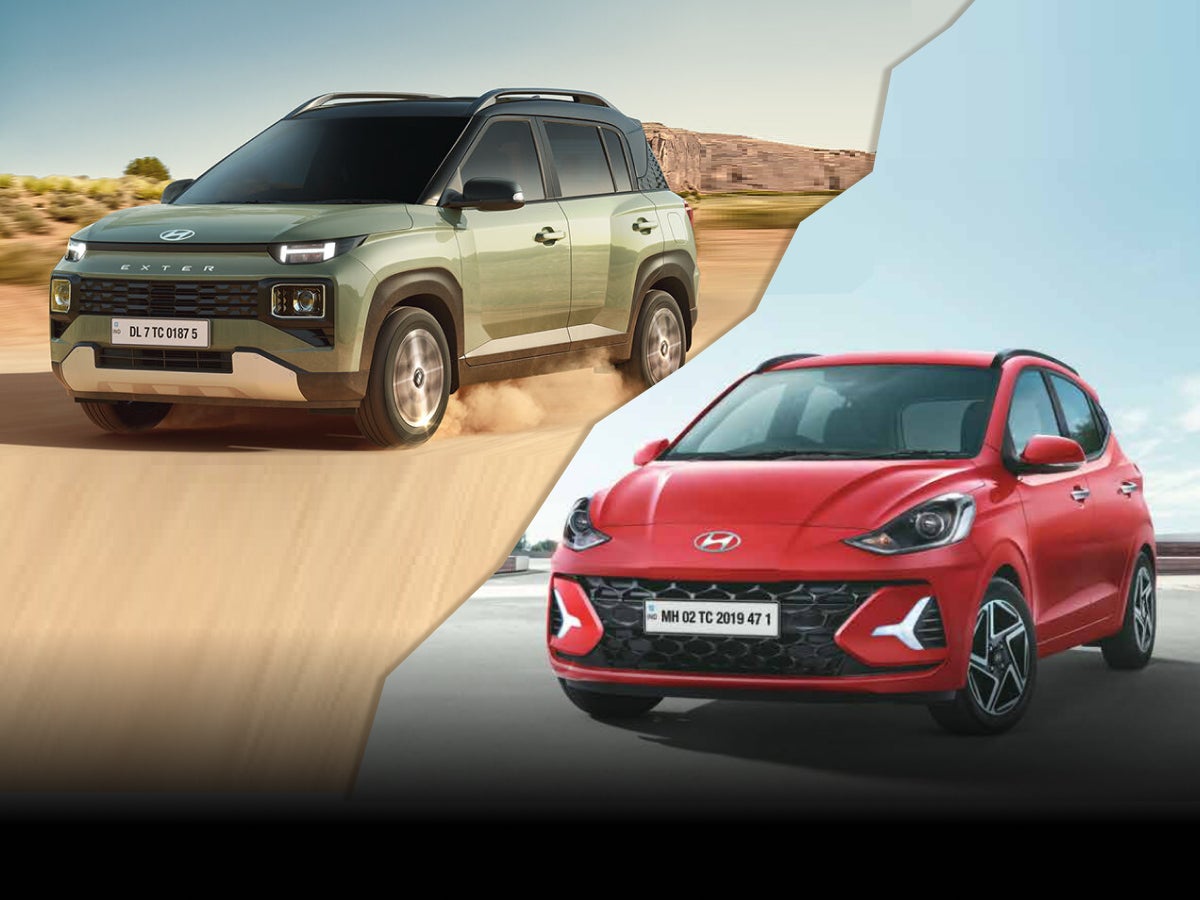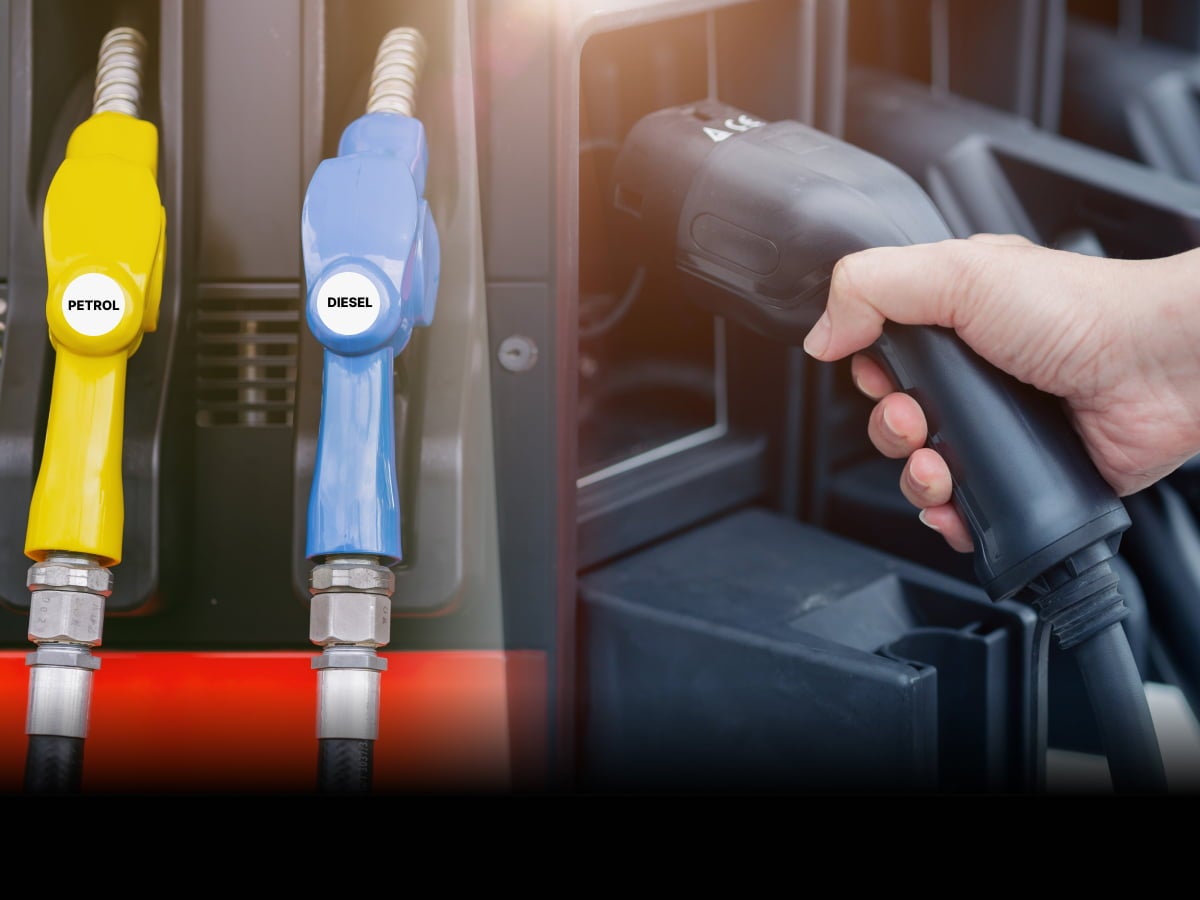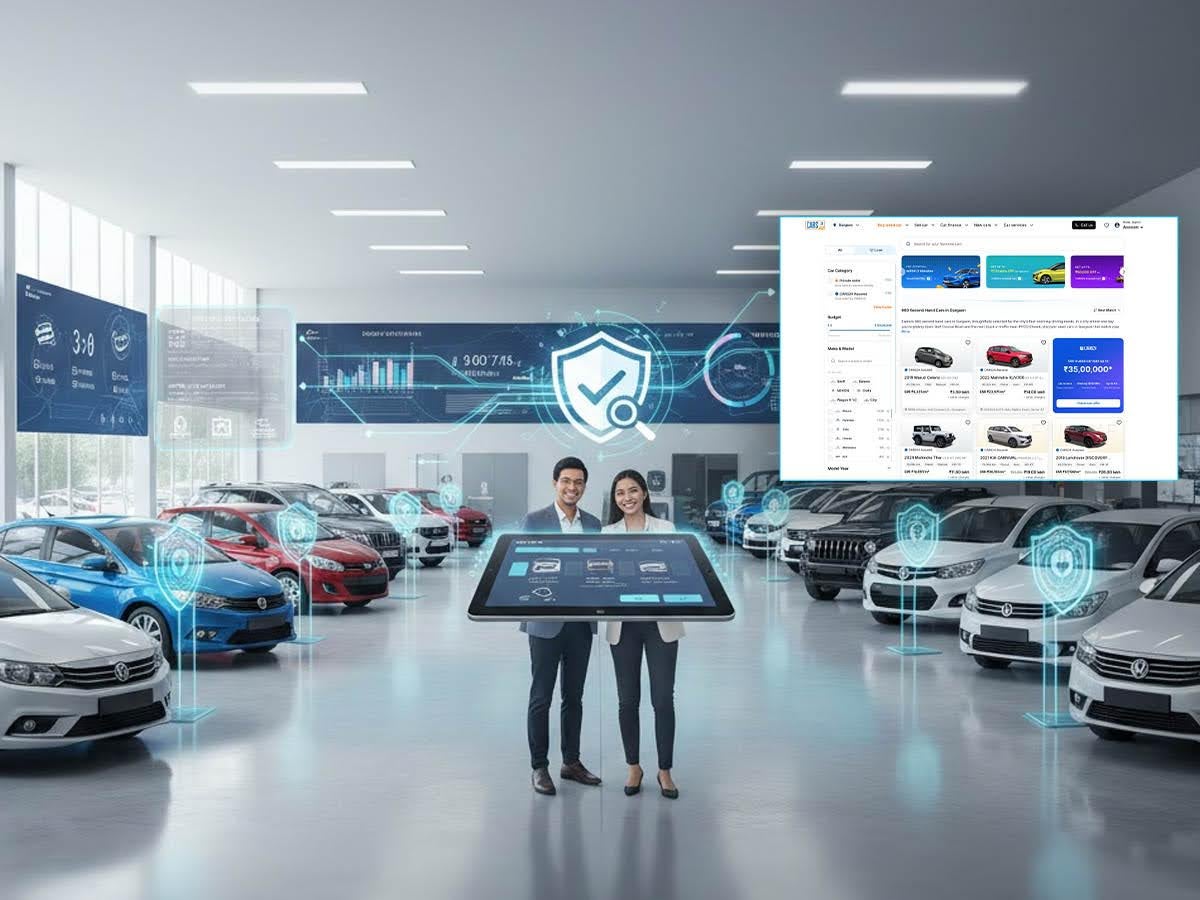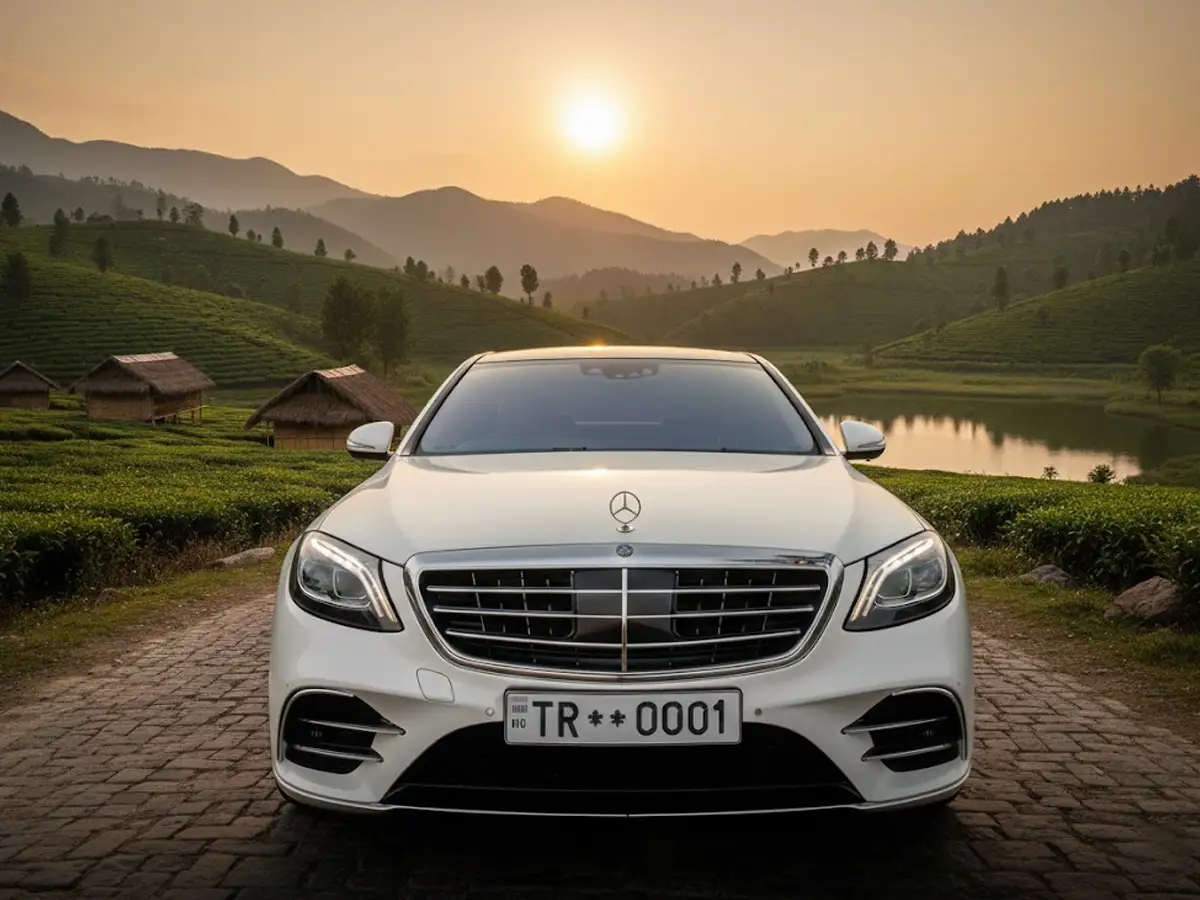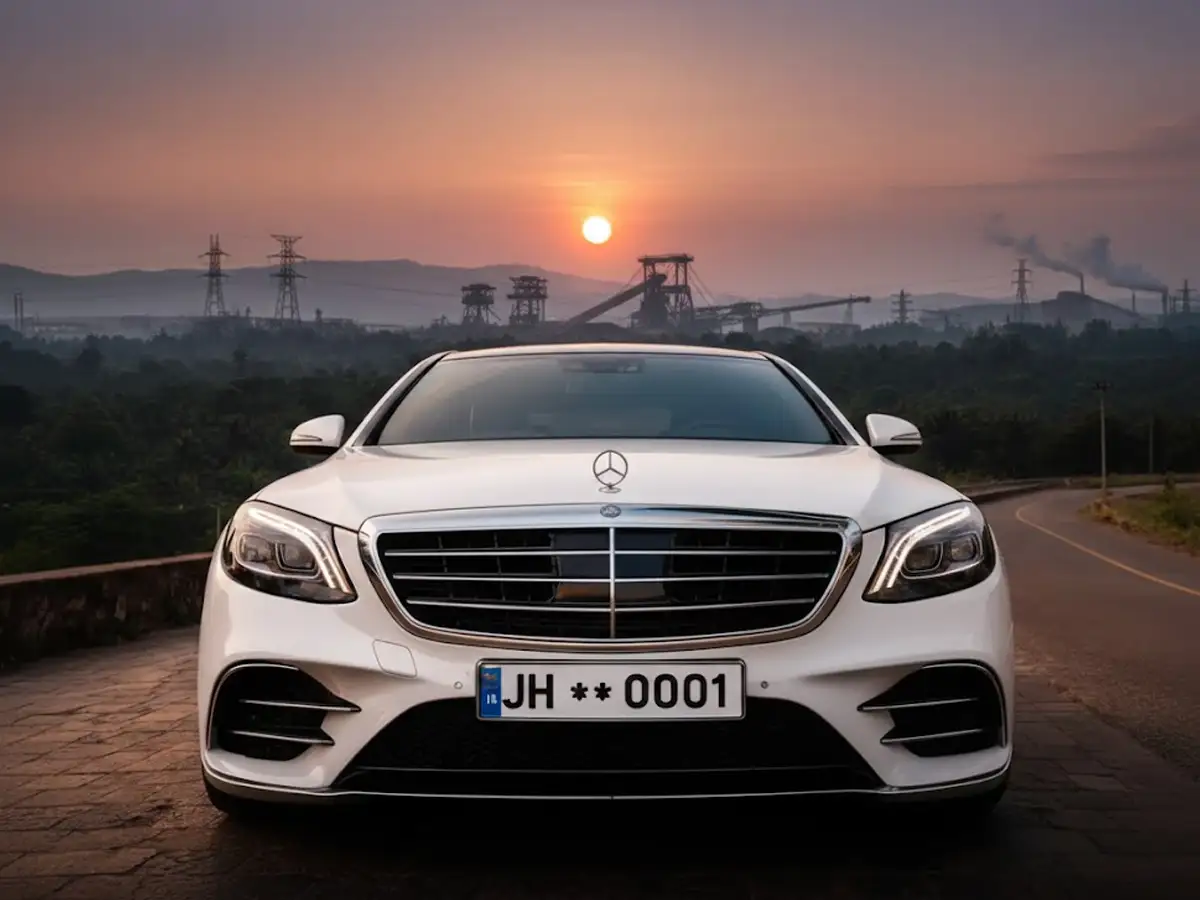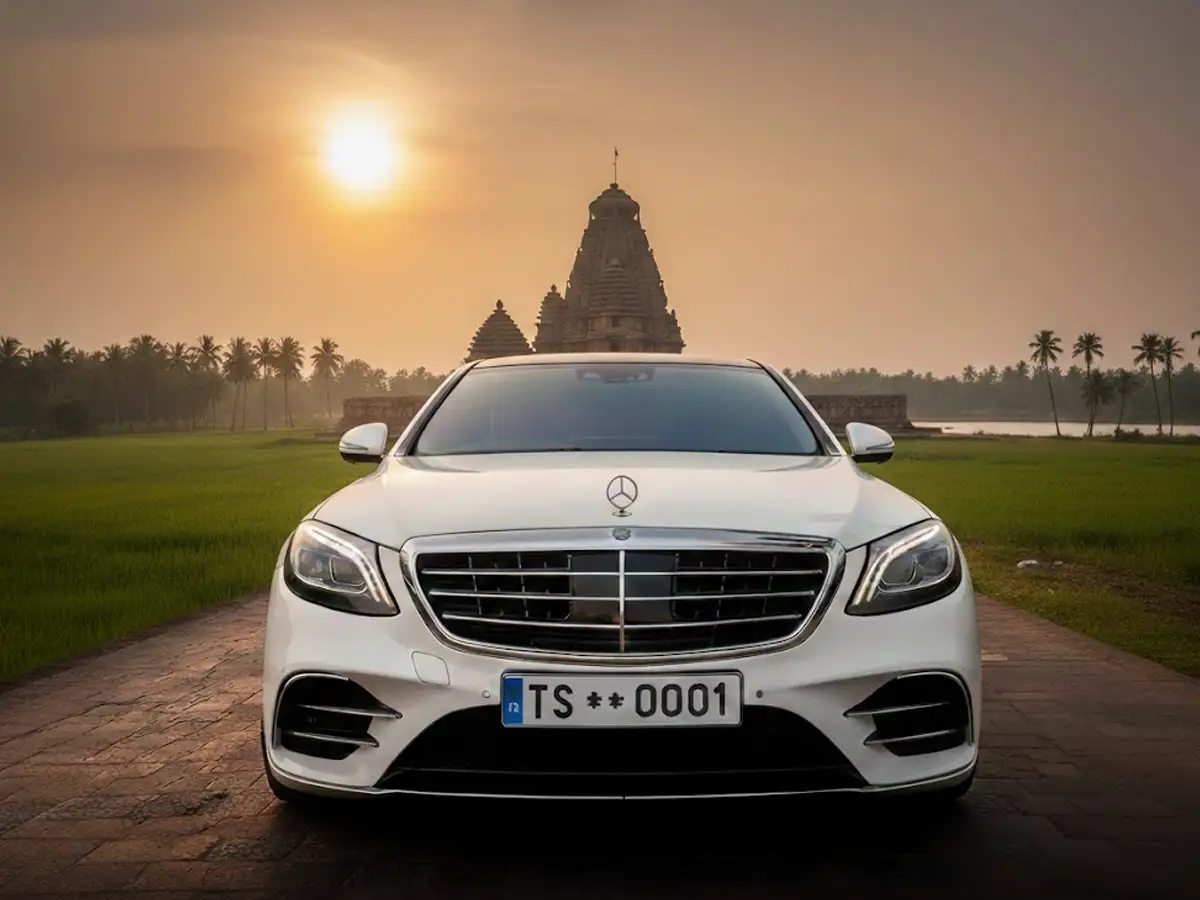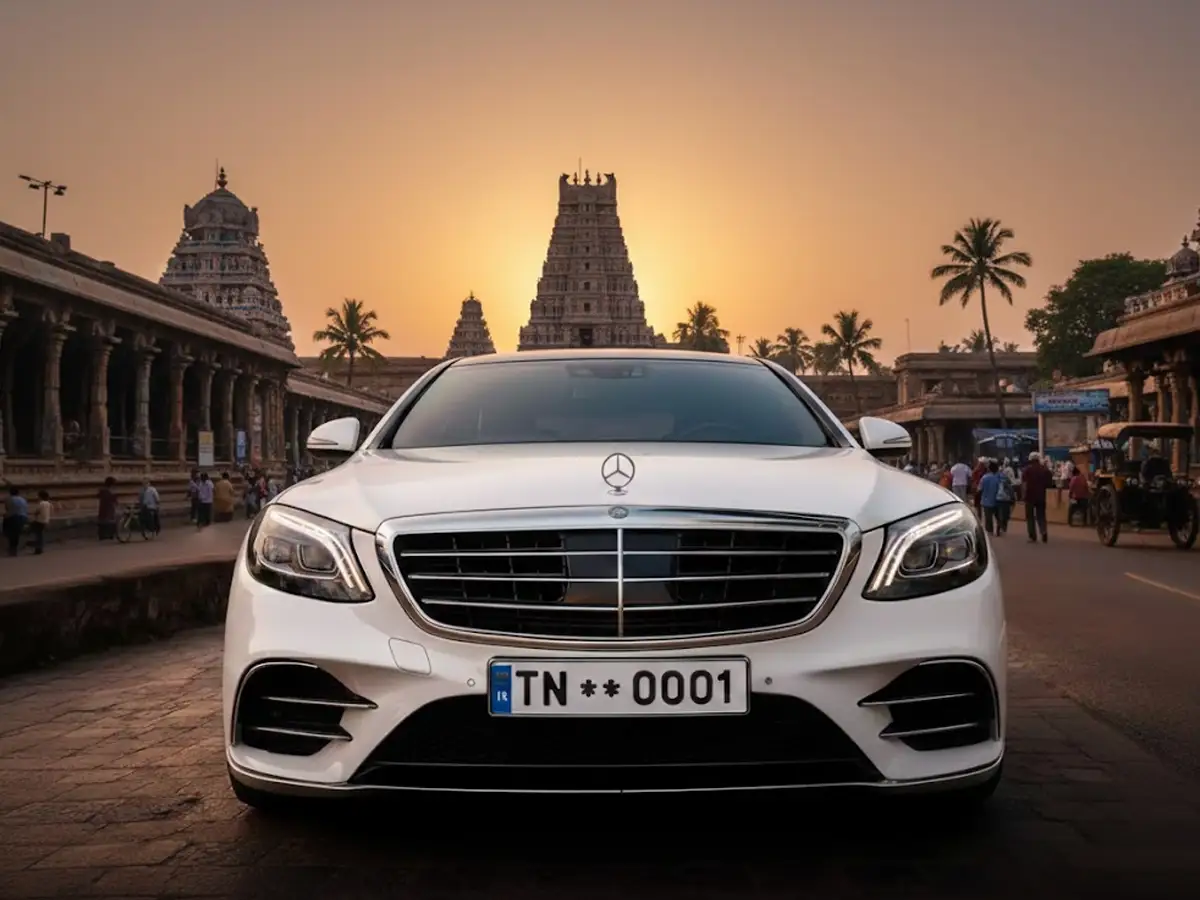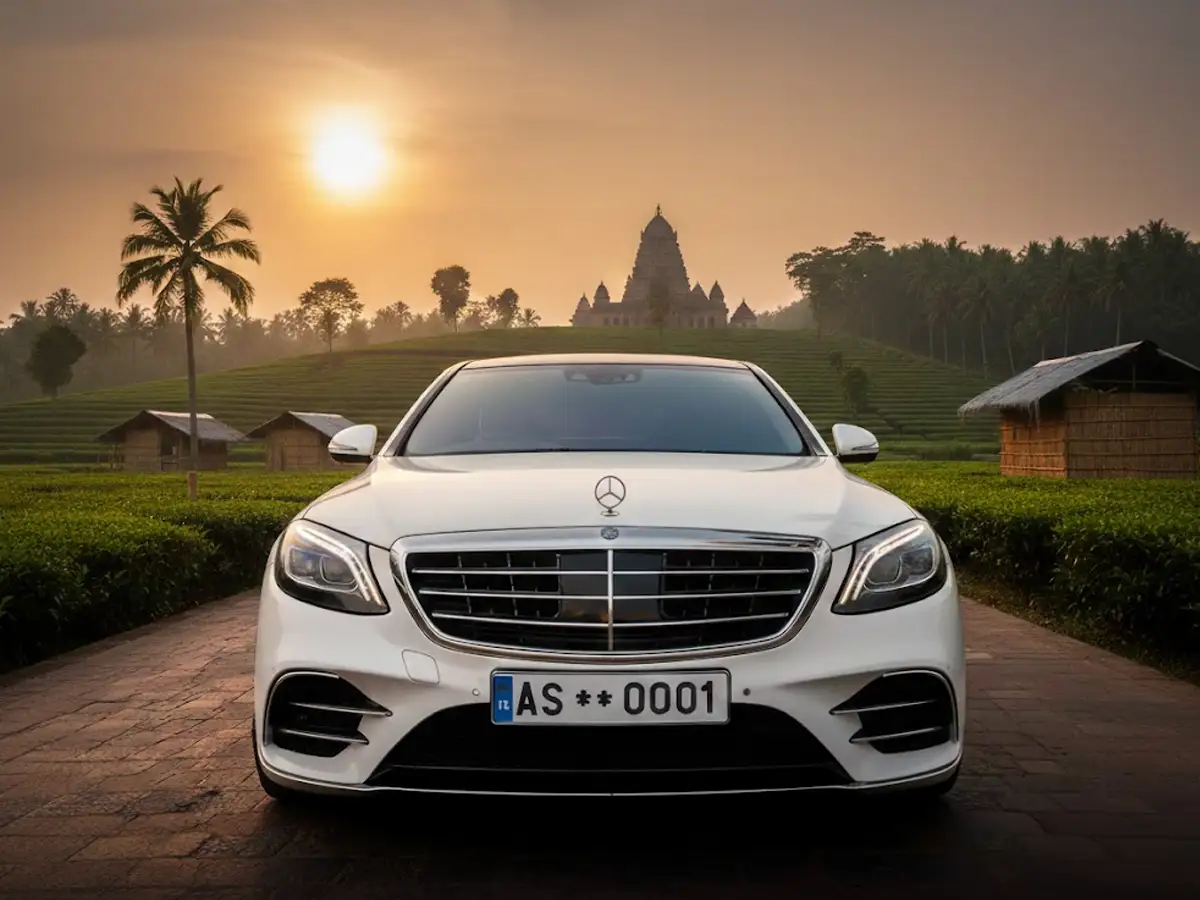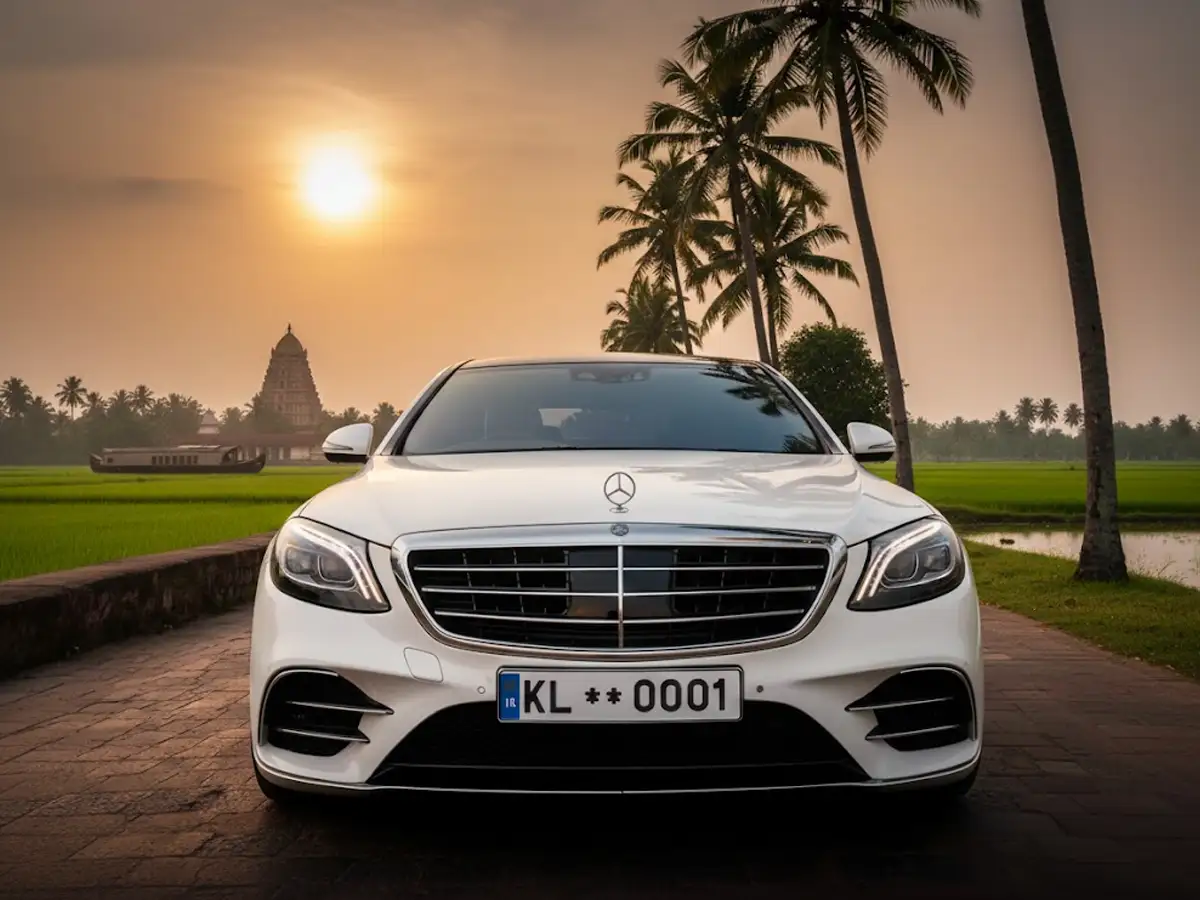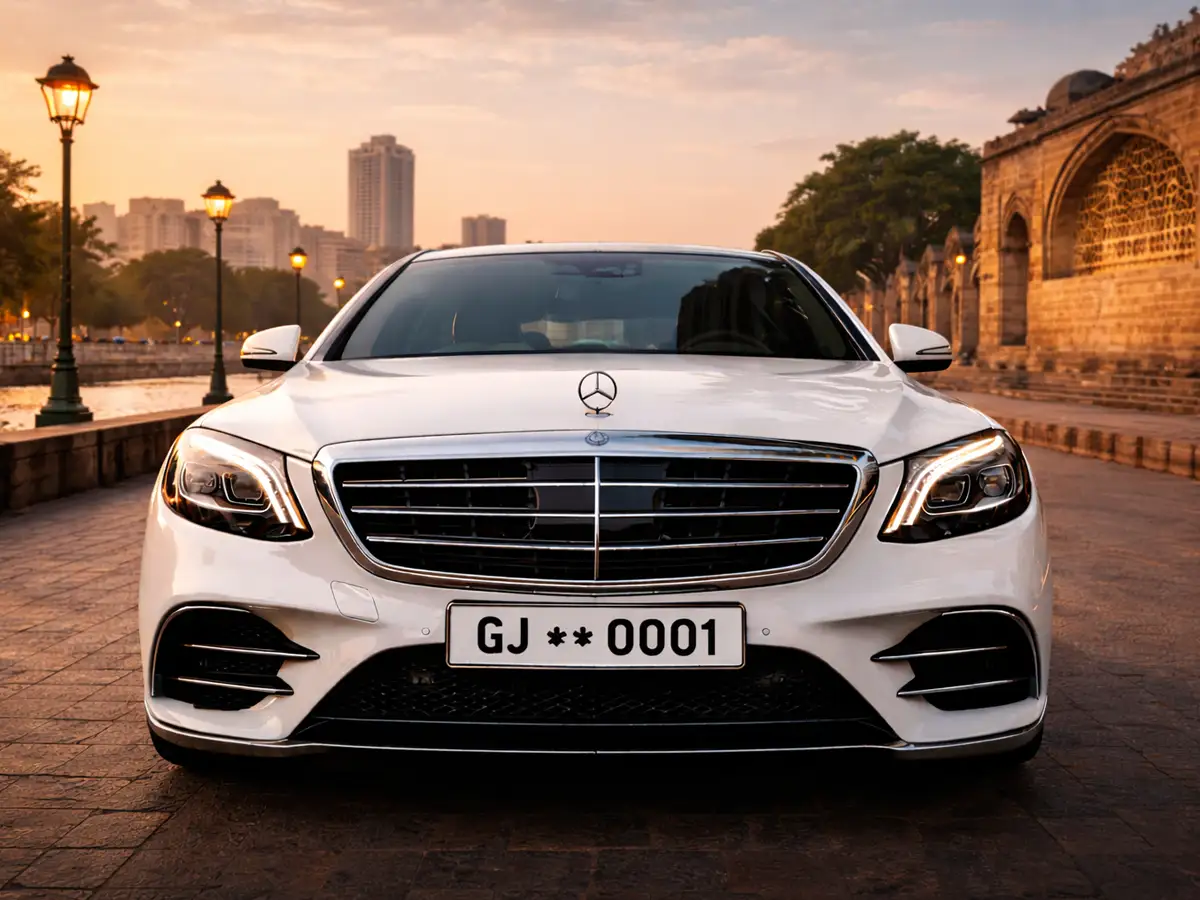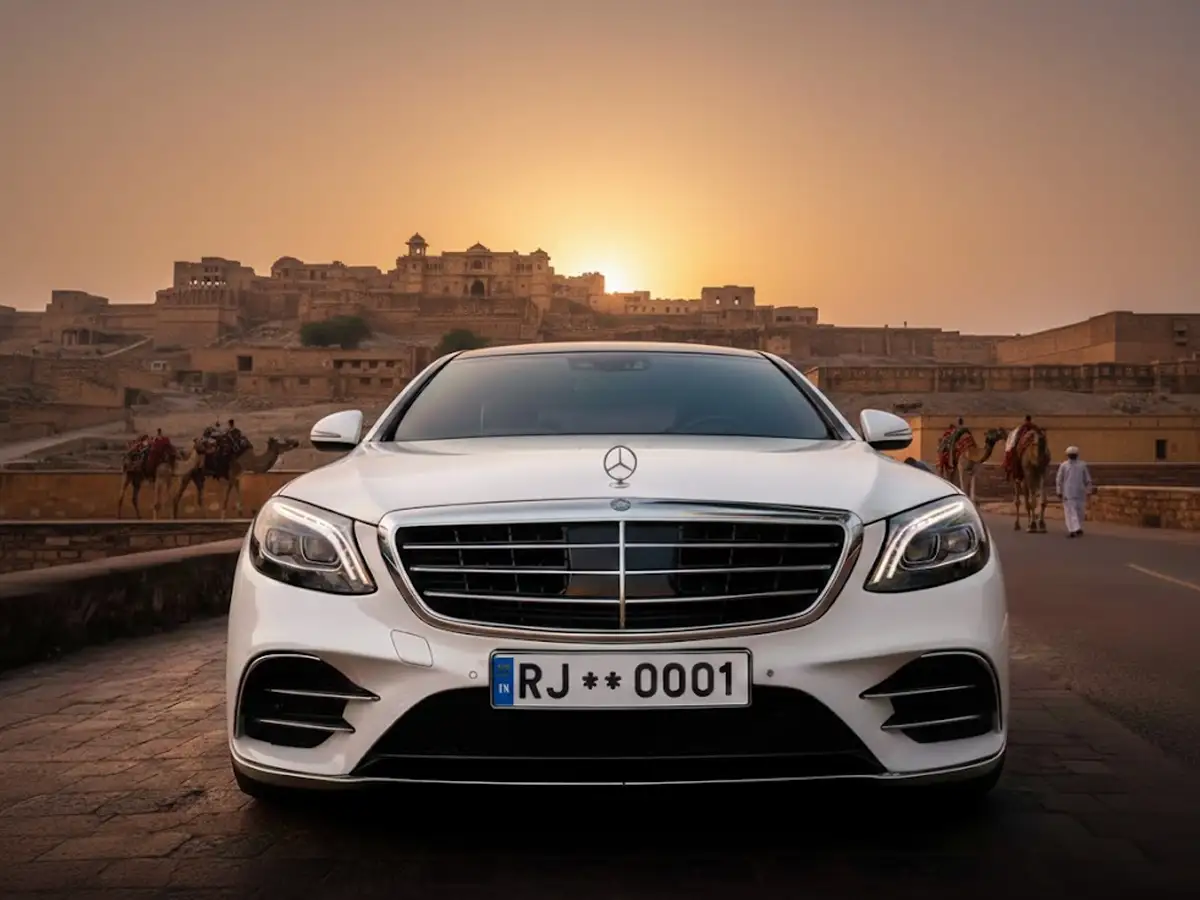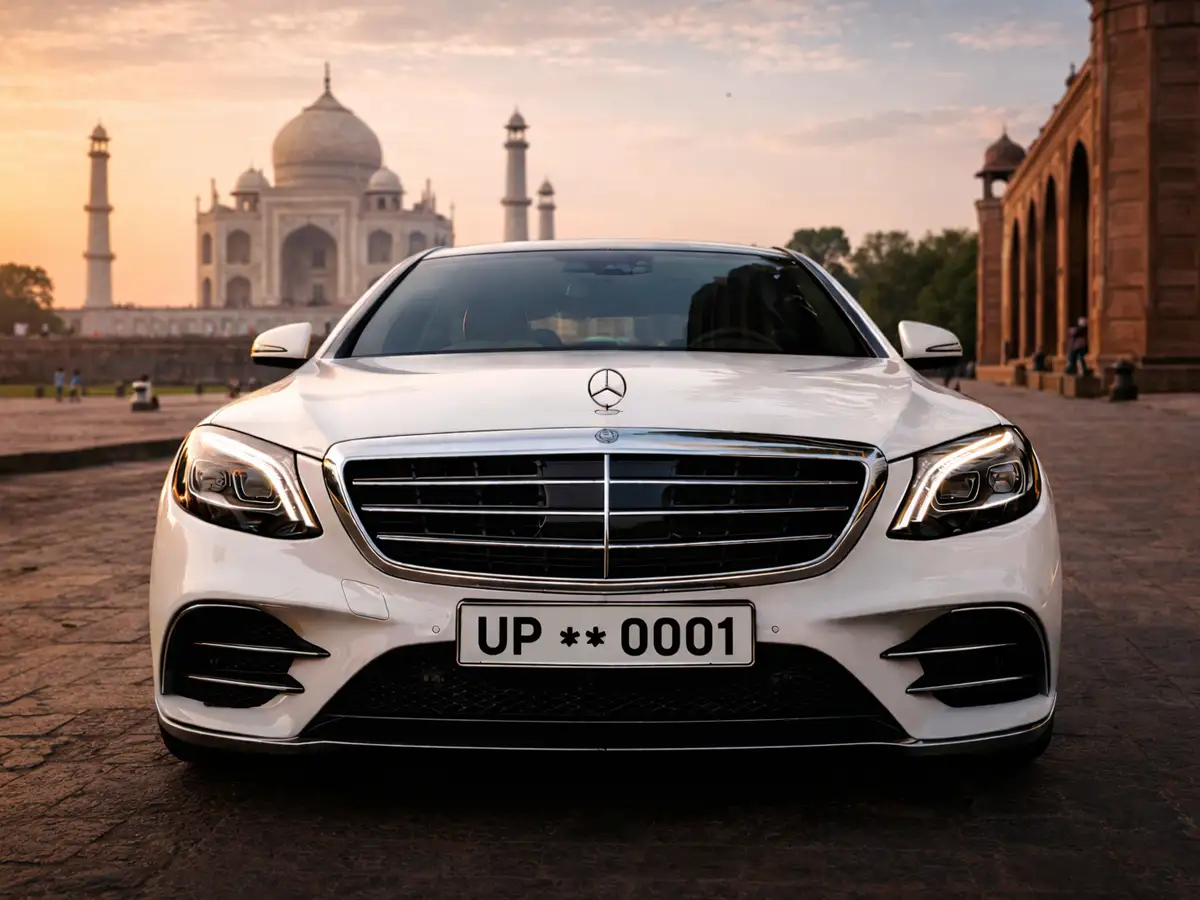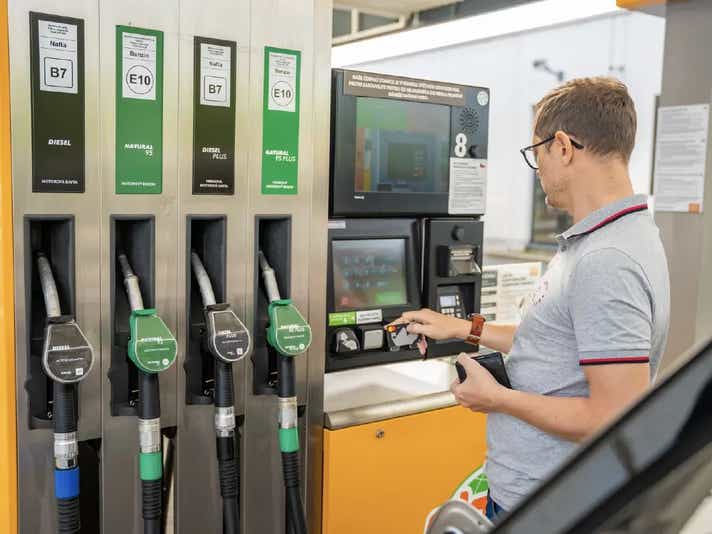

Petrol vs Diesel Resale: Which Holds Value Better in 2025?
- 1BS6 and CAFE norms have pushed carmakers away from diesel engines
- 2Diesel cars may see shrinking resale in cities with 10-year bans
- 3Petrol cars remain versatile, future-proof, and easier to resell
Back in the day, the choice between petrol and diesel was simple, fuel price. Diesel cars were considered tougher, more economical in the long run, and definitely the favourite for anyone clocking serious kilometres. But 2025 presents a very different story. With changing government norms, rising maintenance costs, and stricter environmental regulations, the resale landscape between petrol and diesel is beginning to shift, and fast.
So which fuel type truly holds its value better in 2025? Let’s dive in.
Emission Regulations Tightening the Noose
Ever since BS6 emission norms were rolled out in April 2020, diesel engines began feeling the heat. BS6 mandated massive upgrades to diesel powertrains, including diesel particulate filters (DPF), selective catalytic reduction (SCR) systems and exhaust gas recirculation (EGR) units. Petrol engines, on the other hand, only needed minor tweaks to comply.
BS6 Phase 2 and Real Driving Emissions (RDE) norms brought another round of pressure, this time focusing on real-world performance. The upcoming BS7 norms, aligned with Europe’s ambitious Euro 7 emission standards, could force even more carmakers to phase out diesel offerings altogether.
While diesel is still relevant today, it’s clear the road ahead is getting narrower.
The Cost of Ownership Story
A diesel engine might give you more kilometres per litre, but at what cost? In 2025, the diesel advantage is no longer black and white. Fuel prices are nearly on par. And diesel vehicles come with expensive after-treatment tech, which means higher service costs, especially after the 5-year mark.
Common issues like clogged DPFs, faulty turbochargers, and injector failures make long-term diesel ownership more expensive. In contrast, petrol engines are simpler, quieter, and cheaper to maintain. And that simplicity directly appeals to used car buyers.
What Today’s Buyers Really Want
The modern car buyer isn’t just looking for “kitna deti hai?” They want peace of mind, convenience, and fewer complications. Automatics are gaining popularity, hybrid and CNG models are filling the space that diesel once dominated.
And then there’s the regulatory axe hanging over diesel cars. In Delhi NCR, diesel vehicles are banned after 10 years of registration. More states may adopt similar rules. The uncertainty around diesel's future has made many cautious, which reflects clearly in used car demand.
Petrol cars, by comparison, are free of such bans and are considered more future-proof, especially in urban and semi-urban markets.
How to Preserve Resale Value
Whether your car runs on petrol or diesel, you can maximise its resale value. Here’s how:
- If it’s a diesel: Sell before the 10-year mark. Especially if you live in Delhi NCR or any metro where rules may change. Keep your service history complete. Ensure the DPF is clean and functional.
- If it’s petrol: Maintain smooth engine performance. Get minor dents and scratches fixed. And always present service bills to show you’ve taken good care of the vehicle.
Also, avoid aftermarket mods. Buyers prefer stock cars, they feel more reliable.
Conclusion: The resale crown in 2025
So, who wins? In 2025, petrol takes the lead in resale value across most segments. It has fewer restrictions, lower running complications, and more buyer interest. Diesel still has its loyal fans, especially among high-mileage users or in rural belts, but its shrinking relevance is evident.
Unless diesel tech evolves faster than the regulations chasing it, the resale market is likely to keep swinging in favour of petrol. If you're buying with resale in mind, petrol offers the safer, cleaner, and more dependable path forward.
When it comes to selling your used car, CARS24 gives you the best price when you sell your used car. From offering a fully digital experience to providing end-to-end assistance, CARS24 has completely transformed how India buys and sells cars.
Simply check the value on our used car valuation tool, book a home inspection, and hand over your vehicle for a fast, secure sale. We handle all documentation and RC transfer related services to provide a seamless experience.
Frequently Asked Questions
Expand all